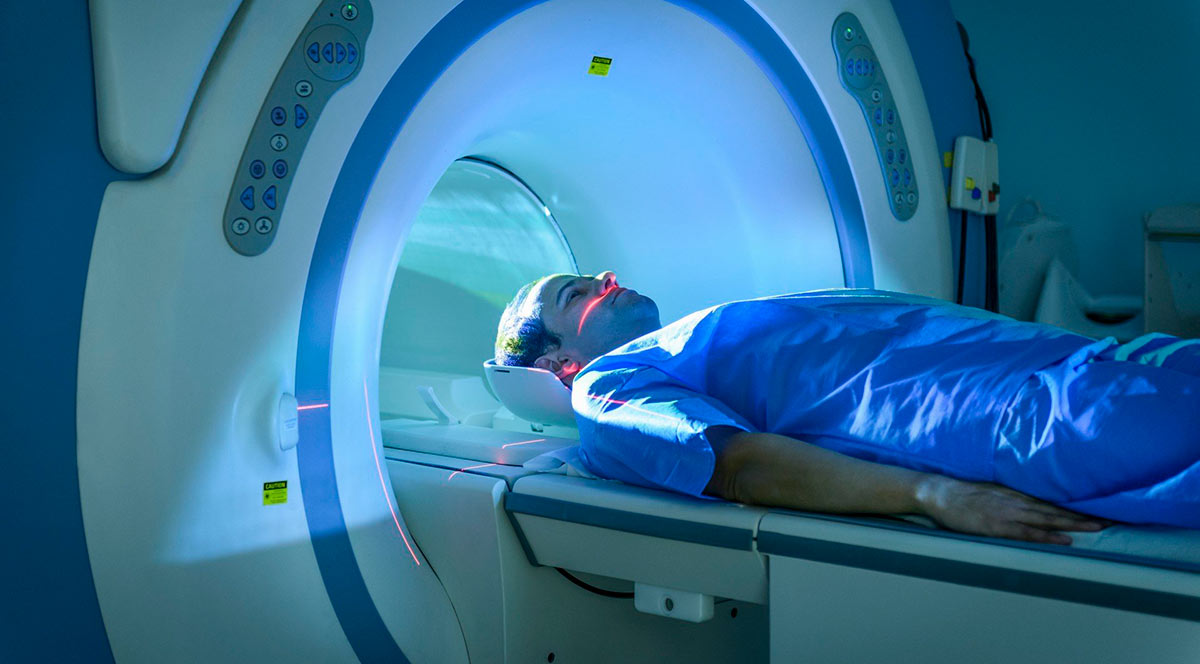The number of cancer cases in people under the age of 50 has risen sharply worldwide over the past three decades. In 2019, for example, there were 3.26 million registered cases of cancer in this age group, 79% more than in 1990. It is worth noting that this refers specifically to the incidence of cancer, not the increase in cancer mortality. This conclusion was reached by an international group of researchers who published their work in the online publication BMJ Oncology.
However, experts caution against jumping to conclusions because the researchers did not take into account population growth, which amounted to 40% during the same period, or the fact that diagnostic methods have improved significantly and the oncology database has become much larger. The research group, consisting of scientists from China, the U.S. and the U.K., acknowledges that no definitive conclusions can be drawn from their work, but they emphasize that obvious factors such as obesity, excessive consumption of red meat and salt, as well as lack of physical activity and genetic predisposition may contribute to the growth of oncological diseases in people aged 14 to 49.
According to researchers, the most common types of cancer are cancer of the digestive system, skin cancer, and breast cancer. More than one million people under the age of 50 will die of cancer in 2019. According to scientists, this is 25% more than 30 years ago, but taking into account the global population growth, the mortality rate from cancer has actually decreased. Calculations are based on the Global Burden of Disease database, which covers more than 200 countries.
Researchers acknowledge that more work is needed to fully understand the process of cancer growth, but they are confident that improved diagnosis and preventive measures are needed to prevent disease in relatively young people. Cell biology expert Professor Dorothy Bennett of the University of London, who was not involved in the study, agrees that it is simply impossible to draw definitive conclusions from this research alone. And while the British research organization Cancer Research UK acknowledges that there is indeed some increase in cancer incidence in the 18-49 age group in the country, the organization’s representative, Dr. Claire Knight, is quick to add that “however alarming it may seem, cancer is primarily a disease of old age, with the majority of new cases worldwide occurring in people aged 50 and over.”

